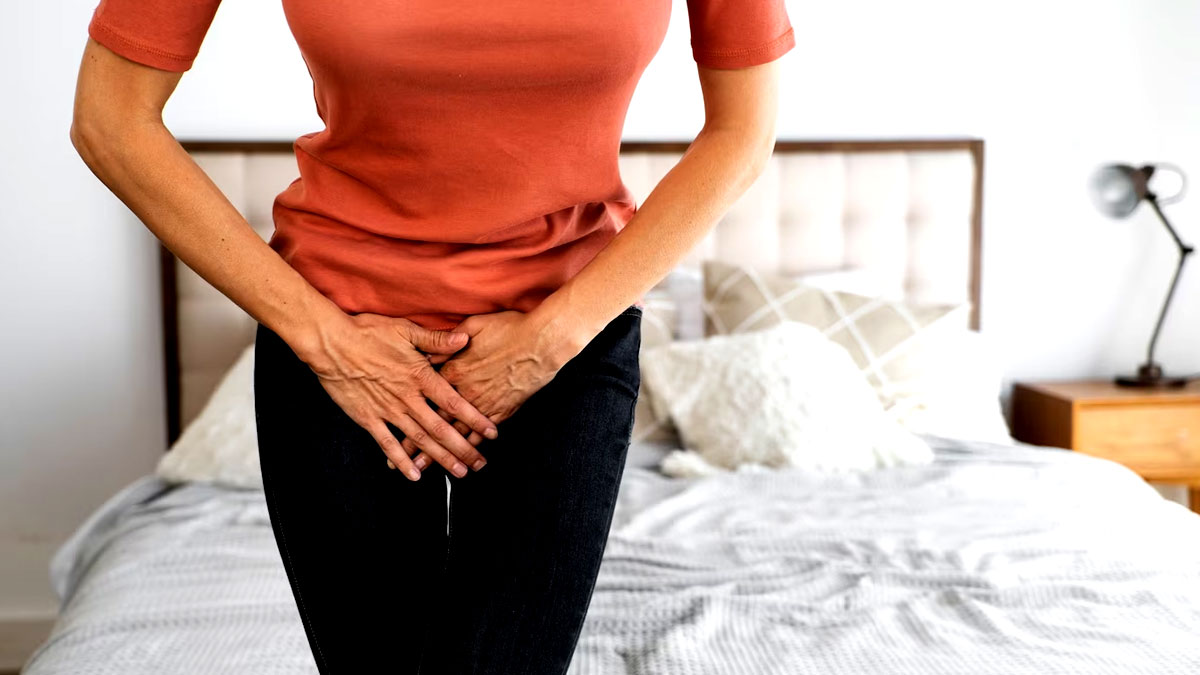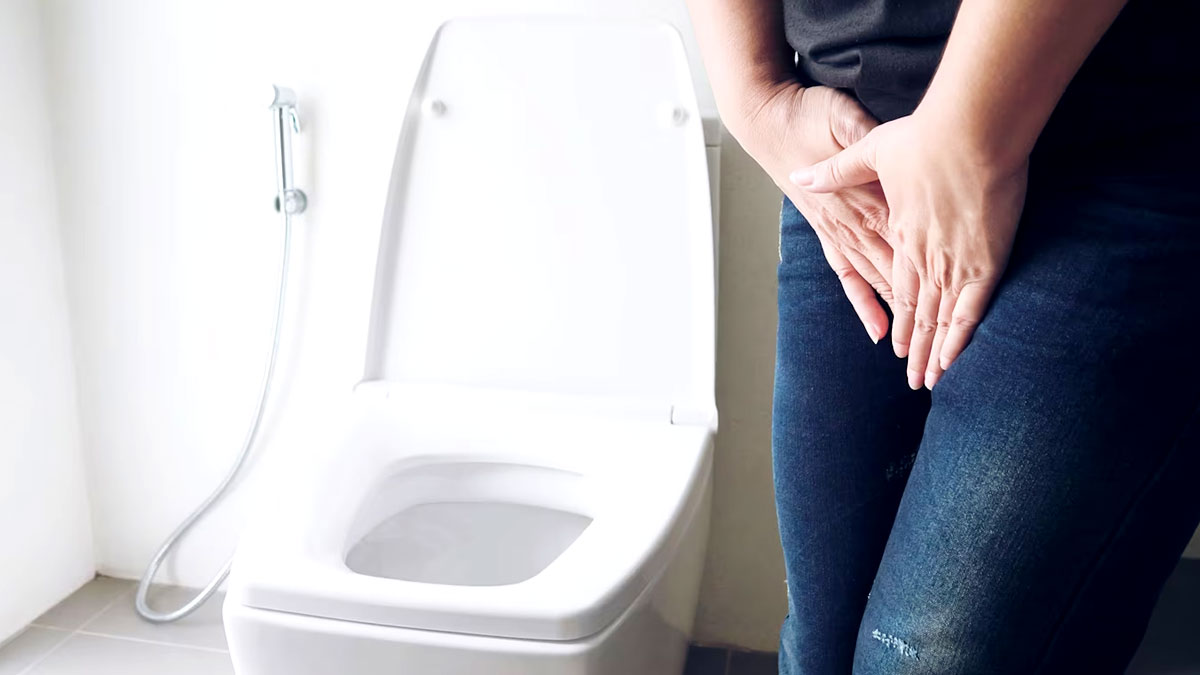
Incontinence, the unintentional leakage of urine, can be an uncomfortable and embarrassing condition. It can be an uncomfortable and embarrassing condition that can affect people of all ages. While it's a common issue, the good news is that there are steps you can take to prevent and manage it.
Table of Content:-
Signs Of Incontinence
Many people have tiny urine drops on occasion. While others may lose large amounts of pee throughout the day and even while sleeping. According to Dr Aditya Pradhan, Director - Urology, Max Hospital, Gurgaon the following are the primary signs of bladder control loss:
- Urge to pee that is sudden and urgent
- Urinating when coughing, sneezing, or laughing
- Urine leakage on a regular basis
- Bed wetting due to inability to reach the toilet on time
- Common Triggers of Incontinence

Dietary Factors
What you eat and drink impacts your bladder health. Consuming too much caffeine, alcohol, spicy foods, and artificial sweeteners can irritate the bladder lining, leading to overactivity and potential leakage. To prevent this, consider moderating your intake of these substances and opt for bladder-friendly choices like water, herbal teas, and fresh fruits.
Alcohol
According to Dr Pradhan, alcohol increases urine output in the body, which might lead to a greater need to urinate. Even carbonated beverages might contribute to urine incontinence.
Also read: Urinary Incontinence: Types, Symptoms And Treatment
Constipation
Chronic constipation can put added pressure on the bladder and weaken the pelvic floor muscles. Straining during bowel movements can further exacerbate the issue.
Excess Weight
Carrying excess weight can strain the pelvic floor muscles and weaken the bladder's support system. Losing weight through a balanced diet and regular exercise can help alleviate this pressure, reducing the risk of incontinence.
Smoking
Smoking is detrimental to overall health, including bladder health. It can irritate the bladder lining and increase the risk of chronic coughing, which can weaken the pelvic floor muscles over time. Quitting smoking not only benefits your lungs but also supports a healthier bladder.
Preventive Tips for a Healthy Bladder
Stay Hydrated
Aim to drink at least 6-8 glasses of water a day, unless otherwise advised by a doctor. Proper hydration helps maintain optimal bladder function and prevents urine concentration that can lead to irritation.
Mindful Diet
Choose a well-balanced diet rich in fibre, whole grains, lean proteins, and fresh fruits and vegetables. Limit your intake of bladder irritants like caffeine, alcohol, and spicy foods.
Maintain a Healthy Weight
Strive to achieve and maintain a healthy weight through a combination of a nutritious diet and regular physical activity. Weight management can reduce pressure on the bladder and pelvic floor muscles.
Strengthen Your Pelvic Floor
Perform pelvic floor exercises, also known as Kegels, regularly. These exercises can help strengthen the muscles that support the bladder and improve bladder control.

Manage Chronic Conditions
If you have underlying health conditions like diabetes or chronic cough, work with your healthcare provider to manage them effectively. Properly managing these conditions can reduce the risk of incontinence.
Practice Timed Voiding
According to Journal Cochrane Library, timed voiding is a toileting assistance programme with a predetermined time interval that has been recommended for the treatment of patients with urine incontinence who are unable to go to the toilet independently.
Instead of waiting until you feel a strong urge to urinate, establish a regular bathroom schedule. This can help train your bladder and reduce the likelihood of leakage.
Avoid Heavy Lifting
If possible, avoid lifting heavy objects, as this can strain the pelvic floor muscles and potentially trigger incontinence.
Incontinence is a manageable condition, and by understanding its triggers and following these preventive tips, you can take proactive steps to maintain a healthy bladder. Remember, it's important to consult a doctor if you're experiencing persistent or severe incontinence issues. By making small lifestyle changes and prioritising bladder health, you can enjoy improved quality of life and greater confidence.
Also watch this video
How we keep this article up to date:
We work with experts and keep a close eye on the latest in health and wellness. Whenever there is a new research or helpful information, we update our articles with accurate and useful advice.
Current Version